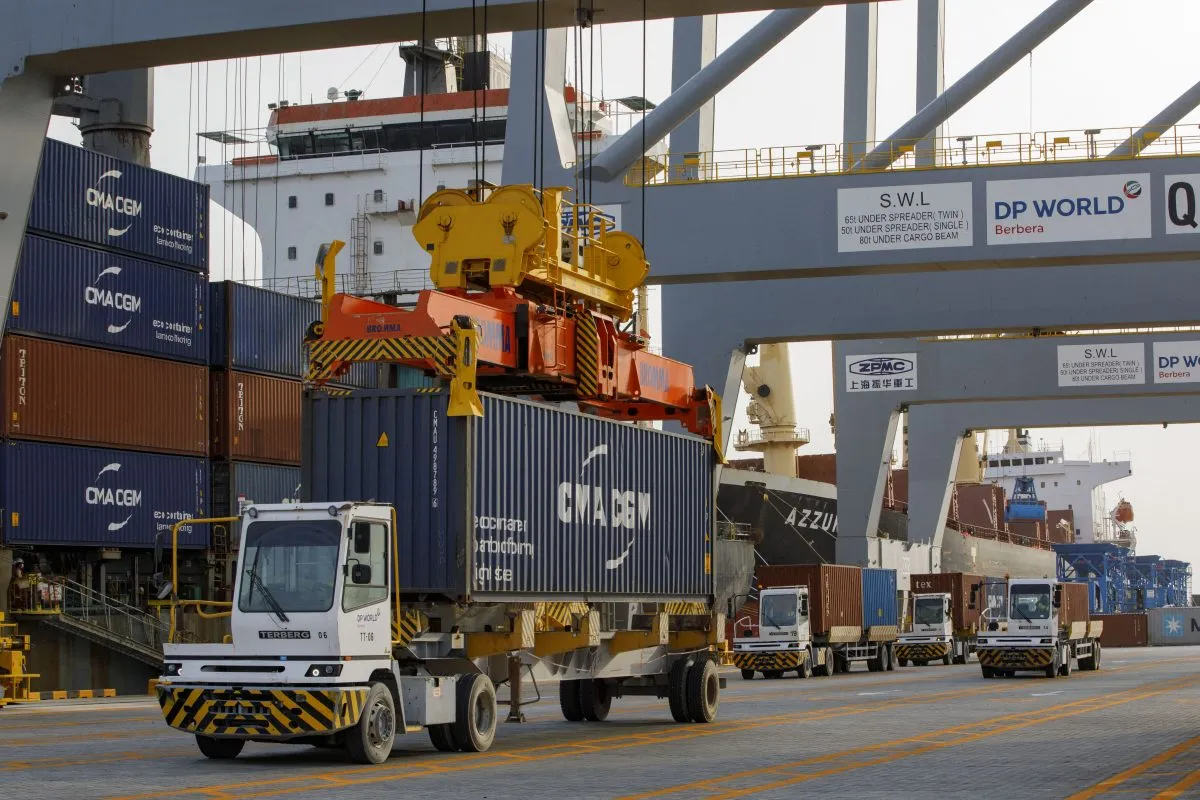Africa’s continental trade pact offers significant opportunities not only for African economies but also for their foreign trade partners – none more so than the largest, China.
While China is perhaps best known in Africa for funding infrastructure megaprojects, its spending on infrastructure has decreased in recent years, even as it maintains its foreign direct investment (FDI).
To take full advantage of the African Continental Free Trade Area (AfCFTA), both elements will be necessary. While tariffs and other trade barriers have fallen, African economies still need the productive capacity to make desirable goods at competitive prices, and the logistics to export them efficiently, if intra-African trade is to increase.
For African countries, the benefits are obvious. Currently, most of the continent’s exports consist of commodities and raw materials that are then processed elsewhere. A larger continental market will have more capacity to process these resources and use them for manufacture, meaning more of their value – and associated job creation – will stay within Africa.
China can also win from this development. By investing in Africa, Chinese companies get a return on their investment; and the opening up of the intra-African market allows them to sell beyond the borders of the country where they set up. We are yet to see any moves in this direction by China, but the AfCFTA becoming operational could be the trigger for such a strategy.
Trade imbalance
China has been Africa’s main trade partner for over a decade. Since 2012, most African imports come from China, and most of Africa’s exports go to China. But China has maintained a trade surplus since at least 2015. In 2023, the value of its exports to Africa was $173bn, and the value of imports was $110bn – with a trade deficit of $63bn, more than half of the value of its imports.
And, while China’s imports from Africa are largely minerals, oil and gas and other commodities, its exports include manufactured products, machinery and equipment.
This imbalance isn’t to China’s advantage. It is becoming a point of tension with African leaders: Uganda’s President Yoweri Museveni, for example, last year noted these skewed trade patterns.
“I would like to encourage China to open their market more for processed coffee and other products, not only raw materials,” he said in November.
Keenly aware of this, Chinese leaders are encouraging more exports from Africa through China, through initiatives like the establishment of ‘green lanes’, or electronic trade platforms to boost the sales of African agricultural products in the Chinese market, thus diversifying Africa’s exports.
The AfCFTA eliminates many tariffs between African countries and removes other barriers to trade. Africa’s internal trade is already more diversified – involving more manufactured products – than its trade with the rest of the world, meaning that the continent’s value-adding industries stand to gain the most from this liberalisation.
Therefore, even though the trade pact is directly concerned only with internal trade, its effect will be to lengthen African value chains and make manufacturing more efficient, serving as a launchpad for countries to export more manufactured products outside the continent, including to China. This will not be an immediate effect but may happen in the longer term.
How China can help
As China stands to gain from this development, there are several things it can do to speed the process along.
First, it can continue to invest in African industry, particularly in value chains that the African Union has identified as particularly promising for the AfCFTA, namely agroprocessing, automotives, pharmaceuticals, and transport and logistics.
This is already underway. Chinese automotive producer BAIC has set up a plant in South Africa. BYD, the world’s largest manufacturer of electric vehicles, plans to set up factories in Morocco (though this may serve to maintain access to the EU market). Fosun Pharma, in partnership with the International Finance Corporation, wants to establish antibacterial and antimalarial production in Côte d’Ivoire.
Chinese capital is also still needed in infrastructure, and here the picture is more mixed. Chinese banks are major financiers of infrastructure in Africa, but in recent years, this finance seems to be drying up. This is due to many reasons, but challenges with debt repayment by many African countries are certainly an important one.
China frames this change as the pursuit of ‘small and beautiful’ projects, intended to be more impactful and sustainable than the mega-infrastructure financed in the past. This is, in principle, a good thing: some of the infrastructure previously financed by China did little to improve trade or economic development.
The AfCFTA presents a unique opportunity for both Africa and China. With well targeted FDI and infrastructure investment from China, the two sides can create a more balanced and mutually beneficial trade relationship that will boost economic growth and development for both sides.
Want to continue reading? Subscribe today.
You've read all your free articles for this month! Subscribe now to enjoy full access to our content.
Digital Monthly
£8.00 / month
Receive full unlimited access to our articles, opinions, podcasts and more.
Digital Yearly
£70.00 / year
Our best value offer - save £26 and gain access to all of our digital content for an entire year!

 Sign in with Google
Sign in with Google 



